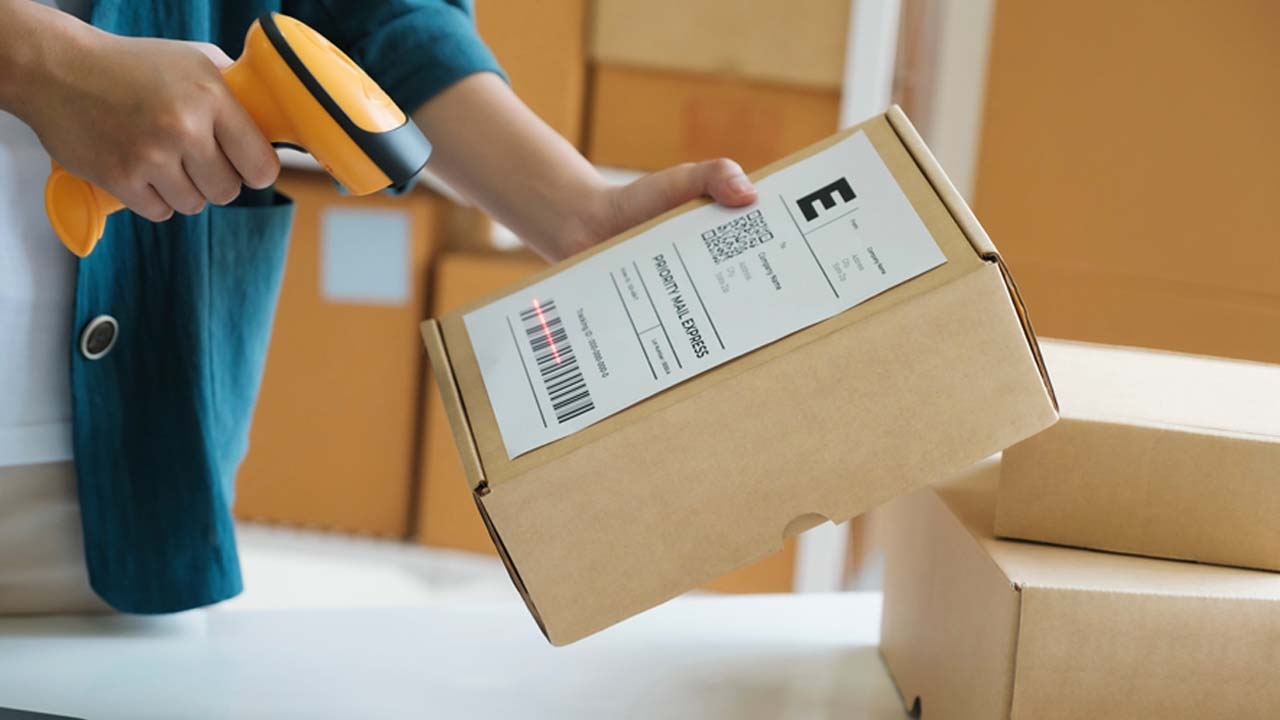IPVenus sees Mexico market potential

IPVenus, a carbon paper manufacturer which recently began to produce labelstock at its plant in Mexico City, sees great potential in the country’s label sector. James Quirk reports
Mexico has seen a new labelstock provider enter the market this year with the arrival of IPVenus, one of country’s largest carbon paper manufacturers, based in the capital.
With its core sector in decline, the company began to research alternative markets around five years ago. Seeing potential in the local narrow web industry, IPVenus purchased coating equipment from Black Clawson in late 2011 and in March of this year began production of self-adhesive paper and film.
A privately held company, IPVenus becomes the second labelstock supplier manufacturing in Mexico, after Avery Dennison, while the country is also served by the local presence of most of the leading international and regional material suppliers – Arclad, Green Bay, Mactac, Ritrama (through distributor Mextran) and UPM Raflatac.
During IPVenus’ research of the local market, however, CEO Marco Basurto found plenty of evidence to suggest there was not only room for another supplier, but also potential for serious growth.
Growth potential
The 46 year-old business serves customers in more than 20 countries with products manufactured in-house such as carbon paper for business forms, paper cups for drinking water and food wrapping paper, and is also a distributor of specialty papers for the graphics industry. Last year, the company converted more than 160 million square meters of paper products.
Decline in the carbon paper market lead IPVenus to explore opportunities in other sectors, including film extrusion, but the label industry held most appeal, explains Basurto. Between 2007 and 2011, there was a 29 percent increase in the volume of materials imported into Mexico for use in the label sector. With Mexican per capital label consumption at around 2.8 sqm a year – some distance from the double digits of Europe and the US – IPVenus saw clear potential in the market.
‘The growth of this industry year on year is much faster than other parts of the converting sector,’ enthuses Basurto. ‘The low per capita consumption was crucial – it showed that there is potential in the market and room for us to move into it.’
The company continues to supply carbon paper and paper cups, but growth in these areas, according to Basurto, is limited. ‘Our recent growth as a company has been down to acquisitions and strategic partnerships. The movement into the label sector will fill the gap – and more – left by the lack of growth in carbon papers.’
After realizing it was not possible to produce labelstock on its existing equipment, IPVenus ordered coaters for production of paper and filmic silicon liners and acrylic and hot melt adhesive laminations from US-based manufacturer Black Clawson, and a slitter rewinder from UK company Elite Cameron.
The equipment was installed in September 2011, and IPVenus then began a period of extensive testing before sales commenced in March of this year. The company has four product lines: VIP, for variable data printing; Decor, for decorative papers; Lasting, a range of durable materials; and Choice, aimed at specialty applications.
New materials are currently being added to these existing ranges, while new lines will be worked on in the near future – the company is particularly interested in developing products with reduced environmental impact. But first, says Basurto, the company needs to solidify its core offering and raise its profile in the market. ‘It is fundamental for us to focus on producing materials of high quality.’
IPVenus made its industry bow at Label Summit Latin America, held in Guadalajara, Mexico, in April. ‘The Summit was a great success for us,’ says Basurto. ‘Even better than we thought it would be.’ He had attended the 2010 event, in Mexico City, as part of his industry research, and has also been a visitor at Labelexpo Americas in Chicago.
Learning curve
Basurto admits the learning curve has been huge. ‘Problems were had initially, of course, but step by step we have resolved them.’ New staff arrived at the same time as the machines, so they could be involved in set-up and testing to familiarize themselves with the technology. Various courses have been taken, and Basurto says the equipment suppliers have provided a great deal of support.
IPVenus’ previous coating experience, of course, has also helped the transition, while Basurto believes the continuous forms industry has its similarities to the label market. ‘We already have the infrastructure in place. We are used to reacting to short runs, to rapid turnaround and quick deliveries. We are already prepared for these things.’
The company also has previous good form when it comes to customer service. While producing 150 million sqm of carbon paper products a year, complaints stood at just 0.05 percent. ‘We focus on honesty, on good and more personalized service and on high quality products,’ says Basurto.
IPVenus has seen a number of its continuous forms clients – with separate divisions for label production – begin to order the new ranges of labelstock, helping to build an initial pool of customers that now represents 10 percent of business. This supplements a database of some 300 potential new clients that IPVenus put together during its market research.
‘We’ve picked up a large number of new clients in a very short space of time,’ says Basurto. ‘It’s a vindication of our decision to enter the market.’ As an added-value service, IPVenus allows customers to come to the plant to co-develop customized products. ‘Together with our customers, we like to develop products that enable converters to compete in markets currently served by foreign suppliers.’
Annual labelstock production capacity is 120 million sqm. IPVenus is not only setting its sights on its local market: after building its local profile, the company aims to begin export to various countries in Latin America before the end of the year.
Local distributors are already in place in some of these countries, thanks to a wide regional network for the company’s carbon papers, and slitting equipment will be strategically located around the region.
In the medium term, the company aims to export to a wider number of South and Central American countries and the Caribbean, while the US – again, already with a distributor in place for carbon paper – is also a target. ‘But this needs to be looked at calmly, with more study,’ says Basurto. ‘It’s a mature market.’
The new machinery is installed at IPVenus’ 8,000 sqm plant on the outskirts of Mexico City, where the company employs more than 100 people. Basurto describes the factory as being designed for short and medium runs, while offline processes are said to aid flexibility.
The Black Clawson silicon coater operates at 300 m/min, while the acrylic/hotmelt adhesive laminators run at 200 m/min. The Elite Cameron slitter rewinder operates at 400 m/min. All the machines have a web width of 160mm. A laboratory is kitted out with testing equipment from ChemInstruments.
Pictured: Marco Basurto, CEO of IPVenus
This article was published in L&L issue 4, 2012
Stay up to date
Subscribe to the free Label News newsletter and receive the latest content every week. We'll never share your email address.


